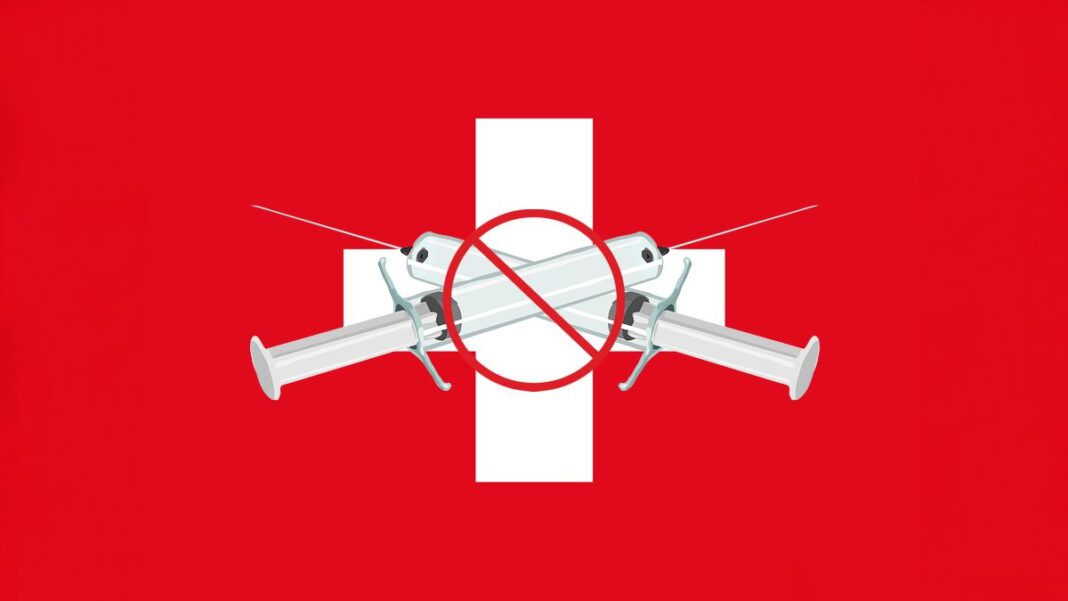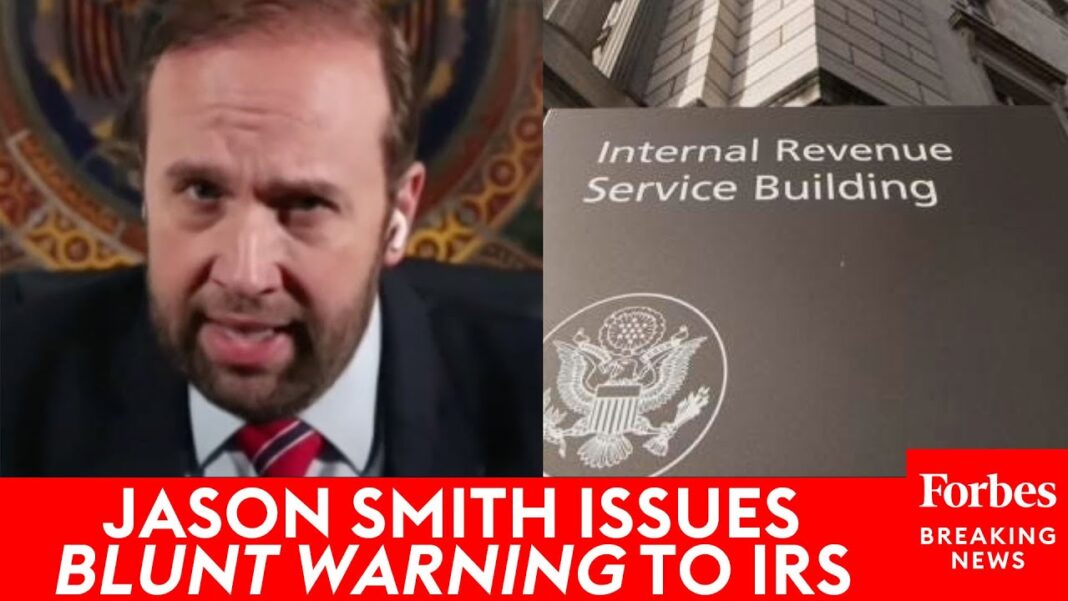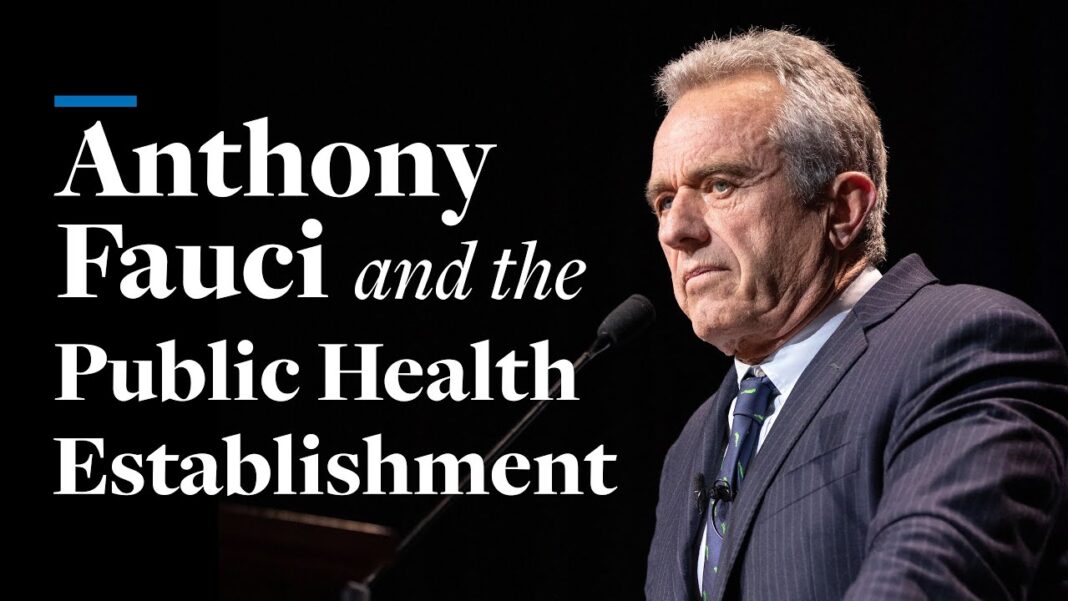Swiss authorities have stopped recommending COVID-19 vaccination, including for people who are designated at high risk from COVID-19.
Switzerland’s Federal Office of Public Health now says that “no COVID-19 vaccination is recommended for spring/summer 2023.”
People designated high risk are also not recommended to get a COVID-19 vaccine, authorities said.
They attributed the change to the number of citizens who have received a vaccine, recovered from COVID-19, or both received a vaccine and enjoy natural immunity from post-recovery protection.
“Nearly everyone in Switzerland has been vaccinated and/or contracted and recovered from COVID-19. Their immune system has therefore been exposed to the coronavirus. In spring/summer 2023, the virus will likely circulate less. The current virus variants also cause rather mild illness,” Swiss health officials said.
Seroprevalence data from mid-2022 showed that more than 98 percent of the Swiss population had antibodies against the COVID-19 virus, indicating that people had immunity from prior infection, vaccination, or both.
The Omicron variant of the COVID-19 virus, which started circulating around the world in late 2021, causes less severe cases than its predecessor, Delta. Additionally, the available COVID-19 vaccines have performed increasingly worse against Omicron and its subvariants, providing little or even negative protection against infection and quickly waning shielding against severe disease.
Swiss authorities nodded to the short-lived protection as they noted that people designated at high risk from COVID-19 can still receive a vaccine, despite the lack of recommendation, after consultation with their doctor.
“Vaccination may be wise in individual cases, as it improves protection against developing severe COVID-19 for several months,” they said.
People at high risk include those aged 65 or older and pregnant women.
In cases where a doctor recommends a vaccine, a shot should be given at least six months after the last shot or at least six months after the last known COVID-19 infection.
Because the vaccines are no longer being recommended, they’re no longer covered by the government. Instead, people will have to pay a fee to get vaccinated.







